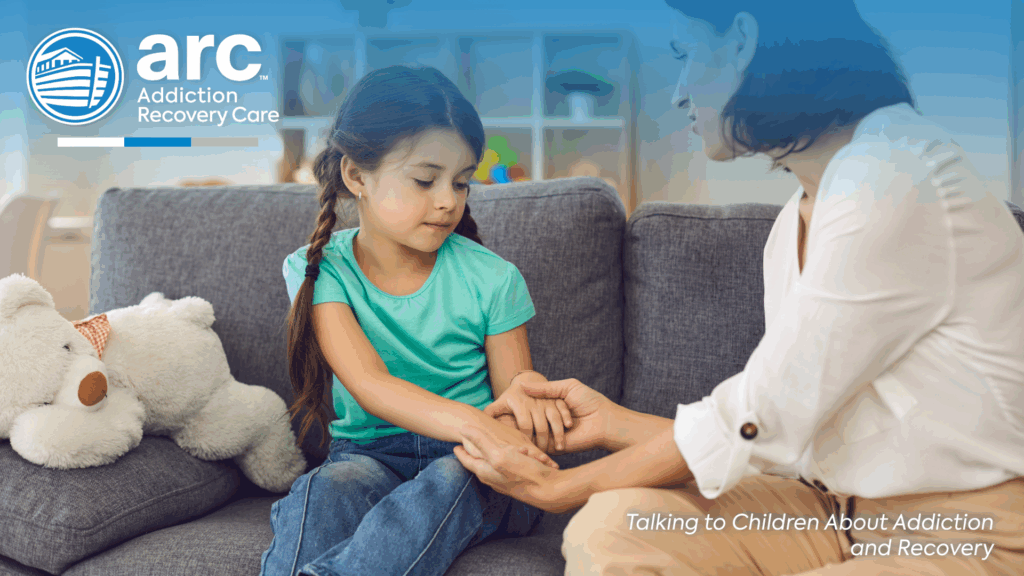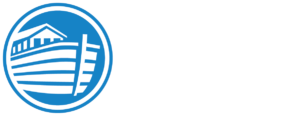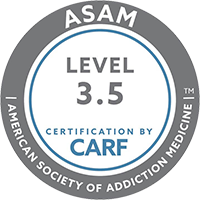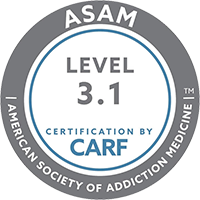
When a parent is in recovery, one of the most challenging parts of the journey can be explaining what’s happening to their children. Kids are perceptive. They notice when something isn’t right, but they may not have the words or understanding to process what addiction or recovery truly means. Having open, age-appropriate conversations can help children feel safe, supported, and reassured during this time of change.
Why These Conversations Matter
Children can internalize fear, confusion, or guilt when a parent struggles with addiction. Without guidance, they might blame themselves or struggle to make sense of the changes in their family. By talking openly, you can:
- Reassure children they are loved and not responsible for their parents’ challenges.
- Build trust and strengthen the parent-child bond.
- Help children express and process their emotions in healthy ways.
- Create a foundation for healing as a family.
How to Talk to Kids About Recovery
Every conversation should be tailored to the child’s age, maturity level, and emotional needs. Here are some helpful tips:
Keep It Age-Appropriate
Young children don’t need all the details. Simple explanations work the best. You might say, “Mommy is sick and needs to go to a place to get better.” Older kids and teenagers may need a more direct but compassionate approach, such as, “Dad has been struggling with something called addiction, and he’s working hard to get healthy.”
Be Honest but Gentle
Children can sense when something is being hidden. Use clear, honest language, but avoid overwhelming them with unnecessary details. Let them know recovery is about getting better and making positive changes.
Reassure Them It’s Not Their Fault
Children often believe they caused a parent’s struggles. Repeat frequently that addiction is a disease, and it’s never the child’s fault.
Encourage Questions
Allow children to ask anything that is on their mind and answer as openly as you can. If you don’t know the answer, it’s okay to say, “That’s a good question. I’m still learning, too.”
Focus on Hope
Explain that recovery is a process of healing and positive change. Share progress and milestones no matter how small, so children can see things are getting better.
Keep Communication Ongoing
This isn’t a one-time conversation. It is an ongoing dialogue. Continue to check in regularly, listen to their feelings, and build trust as your recovery journey evolves.
How ARC Supports Parents and Families
At ARC, we know that addiction and recovery extend to the entire family. Strong, healthy relationships are vital for long-term healing, which is why we offer parenting classes at every one of our facilities.
These classes help parents:
- Rebuild trust and strengthen their bonds with their children.
- Develop confidence in their parenting skills.
- Learn practical tools to support healthy family dynamics and communication.
With a focus on family reunification, ARC equips parents with the guidance and encouragement needed to heal broken relationships and create lasting, generational change. We believe that when parents heal, families can grow stronger than ever before!
Support for Every Step
Recovery can feel overwhelming, especially when children are involved. However, having these conversations and approaching them with honesty, love, and patience can be the first step toward healing as a family.
If you or a loved one is struggling with addiction and wants to build a healthier future for your family, ARC is here to help. We provide the tools and support needed for long-term recovery.
📲Call us today ➡️ (888) 818-1434
💬Text us ➡️ (606) 653-1131
🌐Chat with us ➡️ www.arccenters.com
📨Email us ➡️ intake@arccenters.com





